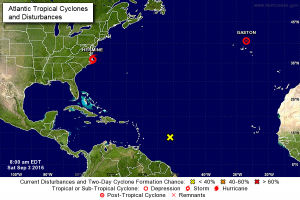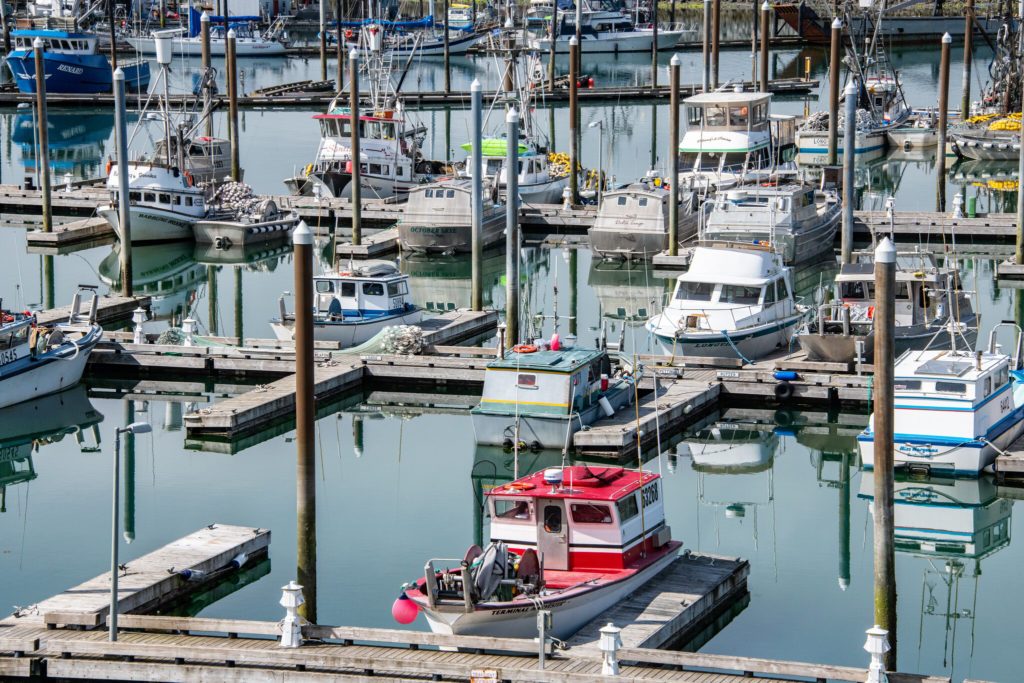Tag Archives: sea level rise
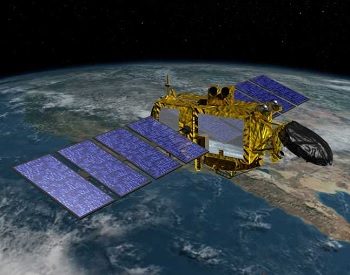
“Acceleration” in Sea-Level Rise Found to Be False – An artifact of Switching Satellites
Sea-level data reported from satellites indicate seas are rising approximately of 3.3 mm/year. By contrast, tidal stations have recorded a rise of approximately 1 to 2 mm annually, a rate which is little changed over the century or so for which we have adequate records. Why the large difference? When NASA and NOAA launched new satellites, the data they produced wasn’t the same as the data recorded by earlier satellites. Citizen scientist Willis Eschenbach obtained NOAA’s Excel spreadsheet showing the full dataset for each of the four satellites. >click to read< 09:21
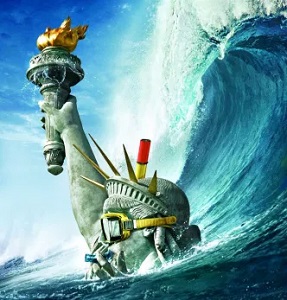
Are Temperatures and Sea Levels Rising Dangerously? Hardly
There are two widely held climate-change beliefs that are simply not accurate. The first is that there has been a statistically significant warming trend in the U.S. over the last 20 years. The second is that average ocean levels are rising alarmingly due to man-made global warming. Neither of these perspectives is true; yet both remain important, nonetheless, since both are loaded with very expensive public policy implications. To refute the first view, we turn to data generated by the National Oceanic and Atmospheric Administration (NOAA) for the relevant years under discussion. >click to read< 14:24
Commercial crabber calls out Al Gore on fake science, explains sea level hasn’t changed at all since 1970
 In promotion of his latest film, “An Inconvenient Sequel,” former vice president and global warming activist Al Gore is still desperately trying to make the case that planet earth is heating up, and that only carbon taxes can fix it. But as per usual, he failed miserably during a recent CNN town hall with Anderson Cooper, during which a commercial crabber and local mayor explained that sea levels around his tiny island have remained the same for over half a century. James Eskridge oversees the day-to-day activities on Tangier Island, in Virginia, and he’s been fishing crab there for decades. He’s quite familiar with the tides, the currents, and various other elements in and around the coastal terrain. And other than an ongoing problem related to erosion, in which the shorelines of Tangier Island are progressively disappearing due to constant waves and storms, he says that everything is exactly the same as it’s always been, at least as far as ocean levels are concerned. click here to read the story 09:25
In promotion of his latest film, “An Inconvenient Sequel,” former vice president and global warming activist Al Gore is still desperately trying to make the case that planet earth is heating up, and that only carbon taxes can fix it. But as per usual, he failed miserably during a recent CNN town hall with Anderson Cooper, during which a commercial crabber and local mayor explained that sea levels around his tiny island have remained the same for over half a century. James Eskridge oversees the day-to-day activities on Tangier Island, in Virginia, and he’s been fishing crab there for decades. He’s quite familiar with the tides, the currents, and various other elements in and around the coastal terrain. And other than an ongoing problem related to erosion, in which the shorelines of Tangier Island are progressively disappearing due to constant waves and storms, he says that everything is exactly the same as it’s always been, at least as far as ocean levels are concerned. click here to read the story 09:25
Study: Sea Level Rise Revised Downward
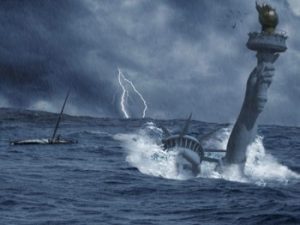 If I had not looked past the headline of the press report on a new study, I would have just filed it under “It’s worse than we thought”. A new study in Nature reported on July 17 carried the following headlines: “Satellite snafu masked true sea-level rise for decades” “Revised tallies confirm that the rate of sea-level rise is accelerating as the Earth warms and ice sheets thaw.” When I read that, I (like everyone else) assumed that corrections to the satellite sea level data since 1993 have now led to a revised trend toward faster (not slower) sea level rise. Right? Wrong. click here to read the story
If I had not looked past the headline of the press report on a new study, I would have just filed it under “It’s worse than we thought”. A new study in Nature reported on July 17 carried the following headlines: “Satellite snafu masked true sea-level rise for decades” “Revised tallies confirm that the rate of sea-level rise is accelerating as the Earth warms and ice sheets thaw.” When I read that, I (like everyone else) assumed that corrections to the satellite sea level data since 1993 have now led to a revised trend toward faster (not slower) sea level rise. Right? Wrong. click here to read the story
Sea Level Rise Accelerating? Not. – This question all revolves around whether the rate of sea level rise is relatively steady, or whether it is accelerating … so how do we tell the difference? click here to read the story 13:21
Boris Worm The Jellyfish Guy says New York turns into some kind of modern Venice with Sea Level Rise
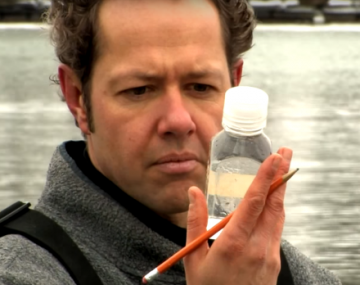 Coastal communities, including those in Newfoundland and Labrador, could be drowned by significant sea level rise before the end of the century according to a new report released by the U.S. government (NOAA). Boris Worm, a marine scientist at Dalhousie University in Halifax, N.S., says a report by the American National Oceanic and Atmospheric Administration suggests sea levels could rise by 2.5 metres by the year 2100. “They were asking the question, how will any given amount of sea level rise be felt in the U.S. and what are the likely scenarios for sea level rise given current emissions,” he told CBC Radio’s The Broadcast. “They’ve come up with a range of projections, and the notable thing here is that that range of projections is a lot larger than it used to be.” Worm said less than a decade ago, the expectation was between one and two feet of sea level rise by the end of the century. “They’ve now corrected this and said it’s going to be a lot more, and it could be up to 8.2 feet,” he said. “If that comes true, it means New York turns into some kind of modern Venice, Venice turns to some kind of Atlantis, and I don’t know what it means for Newfoundland … it really means a complete rethinking of how we live close to the coast.” Read the story here 13:45
Coastal communities, including those in Newfoundland and Labrador, could be drowned by significant sea level rise before the end of the century according to a new report released by the U.S. government (NOAA). Boris Worm, a marine scientist at Dalhousie University in Halifax, N.S., says a report by the American National Oceanic and Atmospheric Administration suggests sea levels could rise by 2.5 metres by the year 2100. “They were asking the question, how will any given amount of sea level rise be felt in the U.S. and what are the likely scenarios for sea level rise given current emissions,” he told CBC Radio’s The Broadcast. “They’ve come up with a range of projections, and the notable thing here is that that range of projections is a lot larger than it used to be.” Worm said less than a decade ago, the expectation was between one and two feet of sea level rise by the end of the century. “They’ve now corrected this and said it’s going to be a lot more, and it could be up to 8.2 feet,” he said. “If that comes true, it means New York turns into some kind of modern Venice, Venice turns to some kind of Atlantis, and I don’t know what it means for Newfoundland … it really means a complete rethinking of how we live close to the coast.” Read the story here 13:45




































